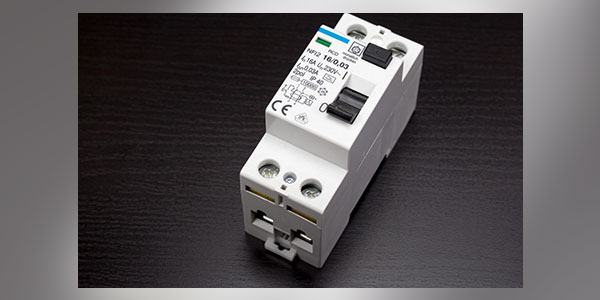Skilled electricians and electrical contractors are constantly in demand because their skills are so specialized. You can’t replace an electrical contractor with a plumber and expect the same results. You also can’t work your electricians into the ground while expecting the same quality every time. How can we reduce scheduling problems for electric contractors?
Have a Backup Plan – You can be ready for anything and everything, and something will still manage to sneak up on you and surprise you. Having a backup plan, and an extra contingency plan on top of that, will help you handle anything the universe or the industry decides to throw at you.
You can’t know when someone will come down with the flu or have an accident on the way to work, but these or a thousand other things can throw a wrench into your plans and cause scheduling problems.
Address Absenteeism – Absenteeism is one of the biggest challenges in maintaining a worksite schedule and meeting your deadlines. We’re not talking about the occasional sick day or mental health day, but rather those employees who perpetually abuse those systems and take more days off than strictly necessary.
This sort of unchecked absenteeism can make it nearly impossible to meet your deadlines and, if you’re waiting on an electrical contractor before you can move on to the next step, could cause the entire project to grind to a halt.
Even if you don’t have an official HR department, take the time to create an employee attendance policy and enforce it to keep everyone on task and on-the-job.
Encourage Transparency – Whether you have electrical contractors on staff or are subcontracting these specialists, you need to take the time to build a strong relationship with your electricians.
One of the best and most reliable ways to do that is to provide and encourage total transparency and honesty. Everyone needs to be on the same page, and that’s hard to do if the left hand doesn’t know what the right one is doing. Transparency also helps prevent scheduling problems by keeping everyone apprised of any changes that could impact project deadlines.
Be Proactive – It’s easy to wait until problems crop up. When they do, you can react to them and, hopefully, solve them without too many delays. While this method works, it’s not the best or most efficient way to handle scheduling problems. Instead, strive to be proactive. Talk to everyone involved, pay close attention to the schedule, and learn how to predict when problems might crop up.
You might be surprised how easy it is to see a scheduling problem coming a mile away if you just pay a bit of attention.
Provide All the Details – It’s hard to finish a job if you only have half the details. Again, we’re back to the left hand not knowing what the right hand is doing. In this case, if you don’t have all the details you need, the left hand might not even realize the right hand exists.
Make sure everyone on the job is aware of all the necessary scheduling details. Playing things close to the vest is just going to lead to contractors stepping on each other’s toes and causing all sorts of scheduling problems in the long run.
Keep Projections Realistic – Ideally, we want to get our projects done as quickly and efficiently as possible. But here in the real world, things don’t always work that way.
Keep your schedule and projections realistic. You don’t need to be a fortune-teller or have the ability to predict the future, but you do need to stay within the realm of reality and take things like absenteeism and other variables in mind when making your projections.
Consider Subcontracting – Sometimes, the easiest way to prevent scheduling problems is to pass the buck to someone else. Scheduling is your responsibility if you have electrical contractors on staff. But if you choose to subcontract your electricians, they become responsible for their own scheduling.
This isn’t the perfect solution and can create its own problems in the long run, but if handling one more schedule is the straw that breaks the camel’s back, bringing in subcontractors can help reduce the strain and let someone else take the load off your back.
No Rush Orders – Rush orders can be a great way to ingratiate yourself with clients, but they’re one of the fastest ways to create scheduling problems. Think of it this way — and this is something you can use with your clients if they’re insisting on rush jobs: you can have things fast, cheap, or good. Pick two.
Remove rush orders from your options as often as possible. You can’t always avoid them, but they’re usually more trouble than they’re worth.
Simplify Things Where Possible – It’s easy to overcomplicate things, especially when dealing with electrical installations and schedules. And take the time to simplify things wherever possible.
Don’t schedule one electrical contractor for three jobs in the same day if they’re not going to be able to meet all those deadlines. Don’t overcomplicate things, because it’s just going to come back and bite you in the end.
Look Forward – There will always be things that throw a wrench in the works when scheduling your electrical contractors. Thunderstorms, accidents, double-bookings, and acts of god will make it challenging to stick to your schedule.
The trick isn’t to stop these problems from cropping up, but rather to be prepared for them so they can’t ruin your schedule or keep you from meeting your deadlines.
Electrical contractor schedules aren’t easy to maintain, but with a little bit of foresight and some preparation, you can be prepared for anything the universe might throw at you. Don’t let overcomplication or trying to take on too many rush jobs mess up your schedule or negatively impact your ability to meet your deadlines.







